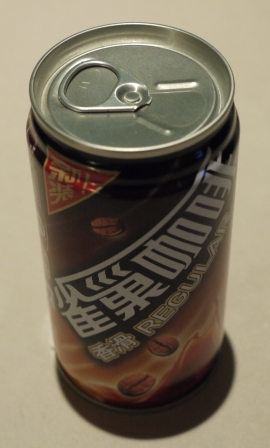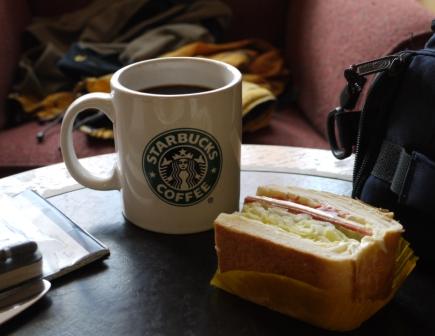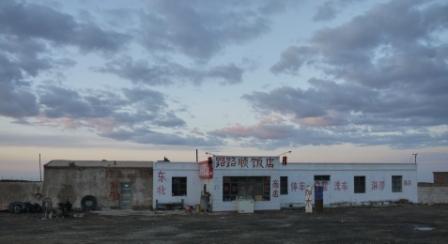On the doormat a roughly scribbled note on the torn remnants of the flap of a plain white envelope. I decided it said “My keys please. U have left me threadbare“. The ‘U’ resembled more of a ‘Y’. Written in black with a ballpoint, the ink’s inconsistency suggested an unsteady hand, or else the text had been scrawled in haste without a proper surface on which to rest. Quite probably both. I’d no idea who it was from, to what it might refer beyond what it explicitly stated, or even if it’d been dropped through what the sender at least thought was the right letter box. Nor did I especially care. Unless there was a reoccurrence of sorts, which I doubted would be the case.
I’d a rough recollection of what might have been the dull clunk of the letterbox, muffled by heavy drapes drawn across the front door as much to keep the warmth in as the noise of the odd passerby out. Habitual, as it was rarely cold at night now, or at least not enough to make the drawing of the generously oversized curtain a necessity. Quickly pondering when I’d heard the sound. Must have been fairly late the previous evening, for I’d already gone to bed. Perhaps when the two pubs nearby, each opposite the other at the end their respective row of small terraced houses, like Toby jug bookends, had been shutting up, their inebriated clientele spilling out on the street. A small printed sign in the window of one house asked patrons to loiter elsewhere. In so many words at least.
Maybe I did care. Or at least was curious, on two accounts. Who’d left the note? And the choice of words. Threadbare they’d said. Not exactly apocalyptic but it had nevertheless caught my imagination, presumably as the author had intended. In a society where you cannot starve, I should simply have discarded it as an over embellishment, refusing to succumb to the shock value it seemed likely the writer sought. Should have known better, been more rational about it. After all, the media was positively bulging with headlines invariably far more dramatic than the piece might, on cold analysis, merit.
Was all this exaggeration such a bad thing I wondered? Pondering later, the mind otherwise idling along as I ploughed my lengths steadily up and down a local swimming pool, perhaps not. After all, faced with an ever increasing onslaught of information in all diverse of manners, we need some mechanism to root out what really matters to us. And we are fundamentally emotional creatures, able to override rational thought and behaviour with remarkable ease, so perhaps the use of emotive language makes sense. Provided, of course, that the substance of the piece is more balanced, lest the credibility of the author, or those they may be quoting, be called into question. Single interest groups making skewed, distorted claims take note.





